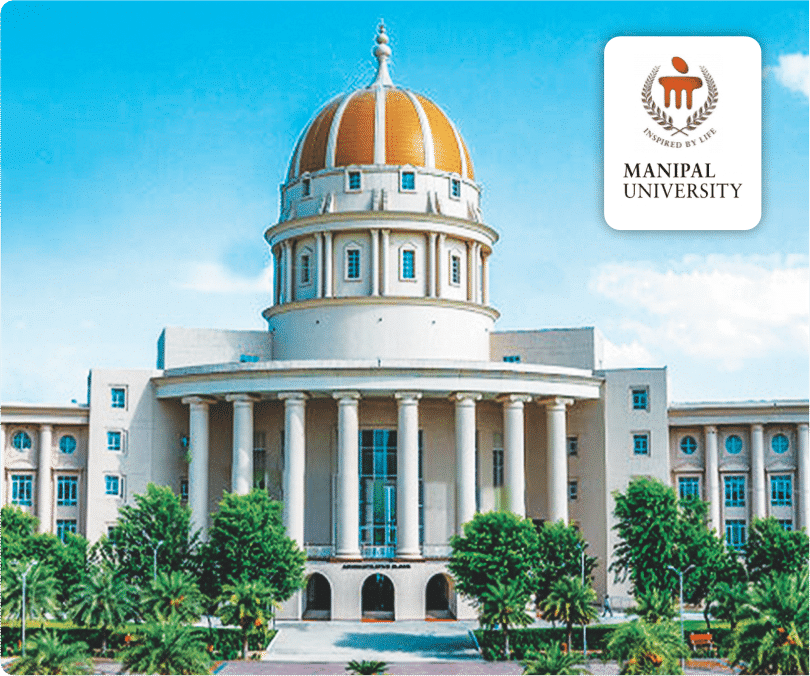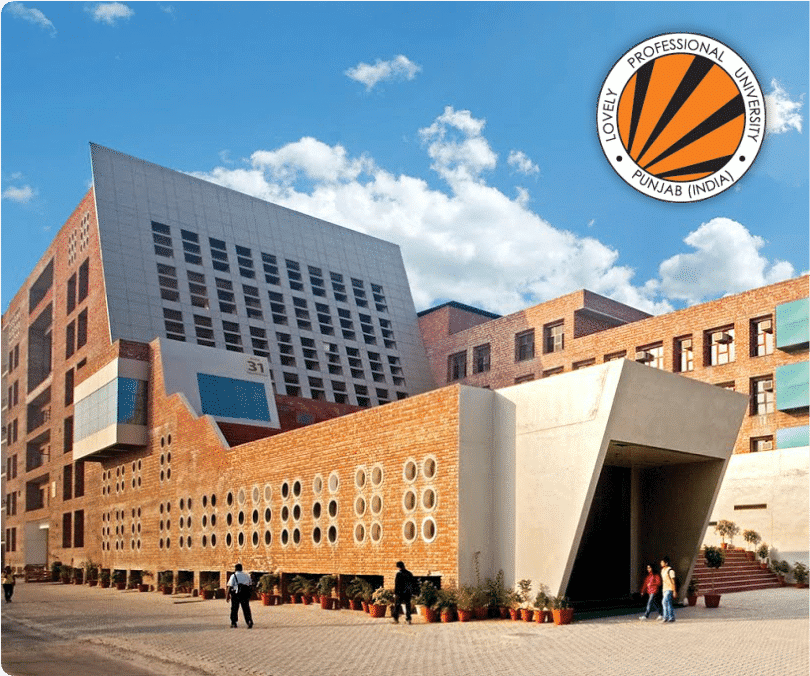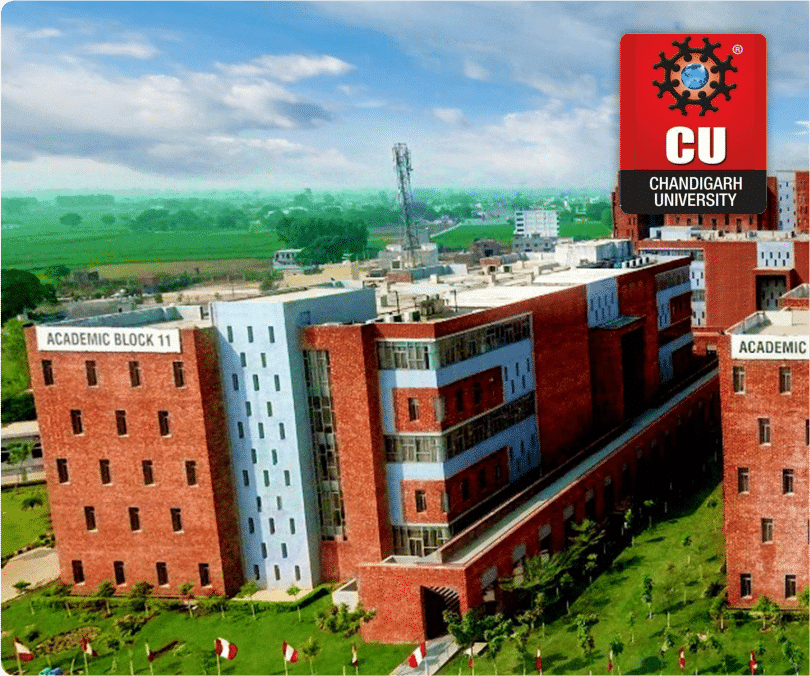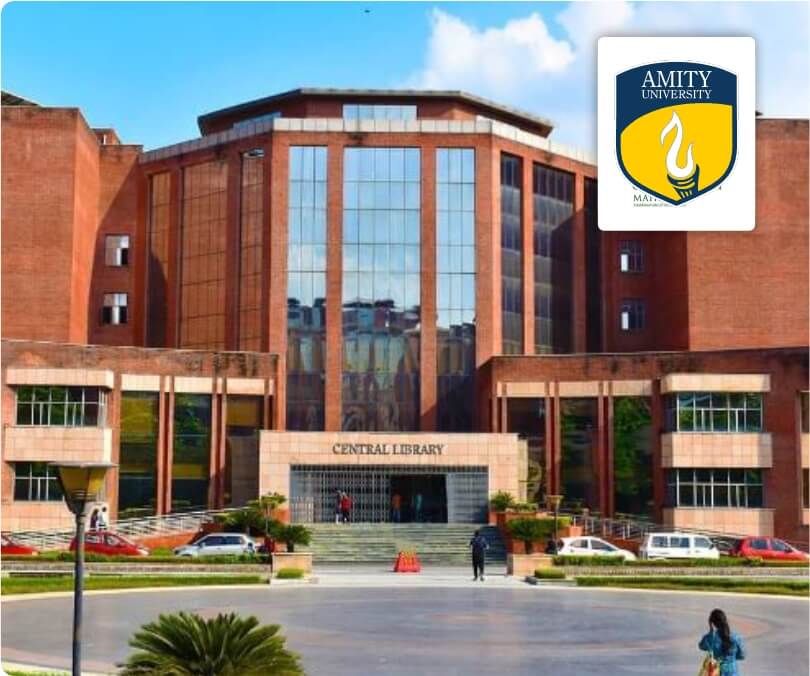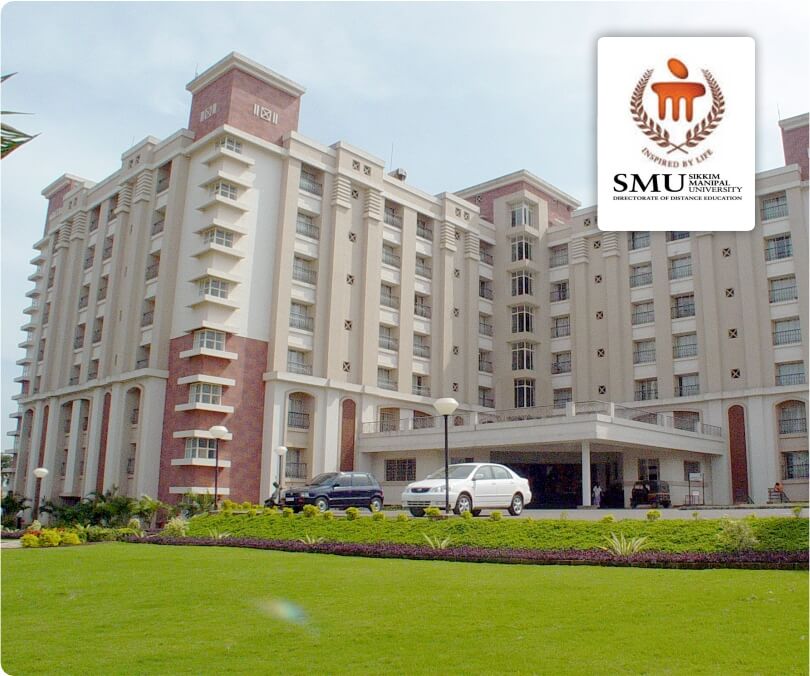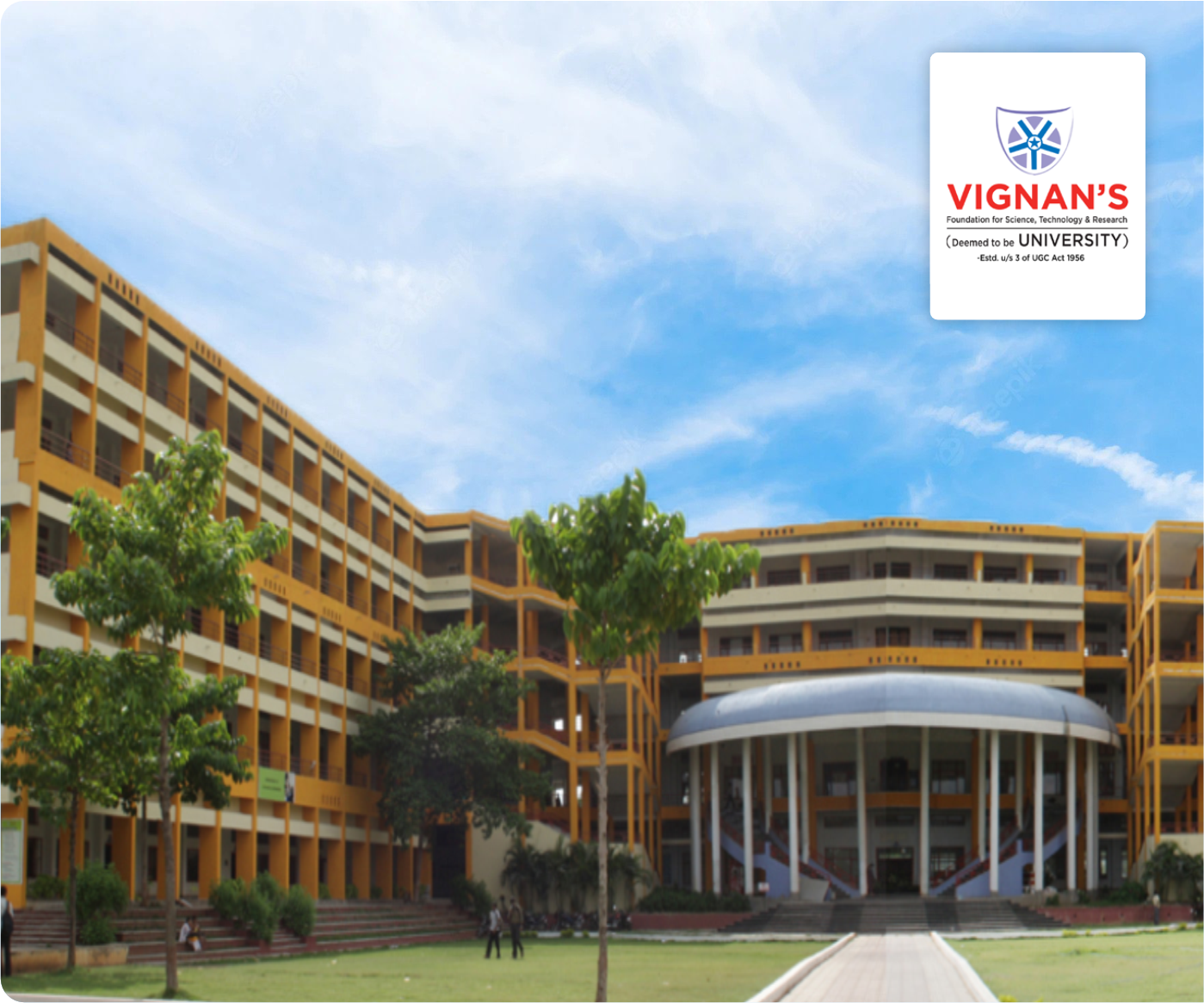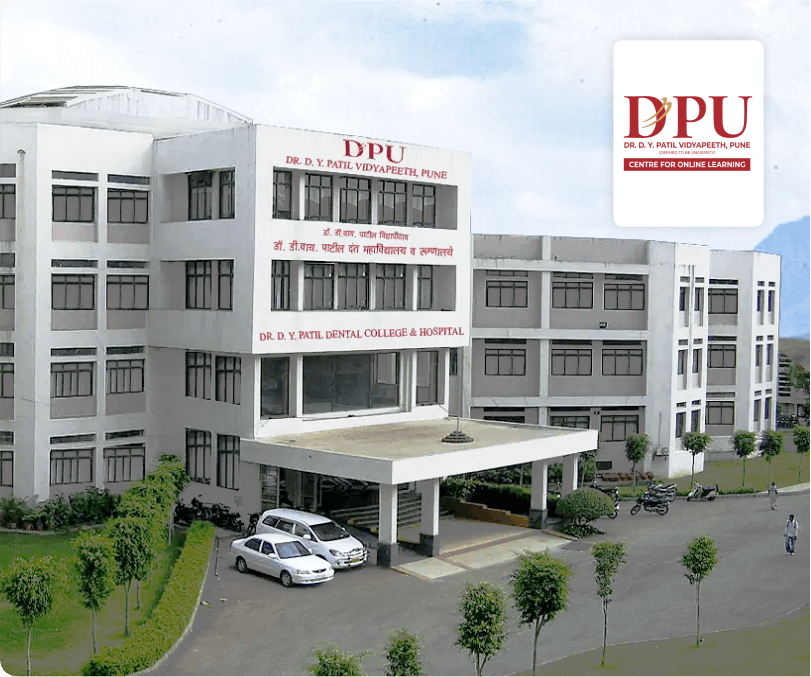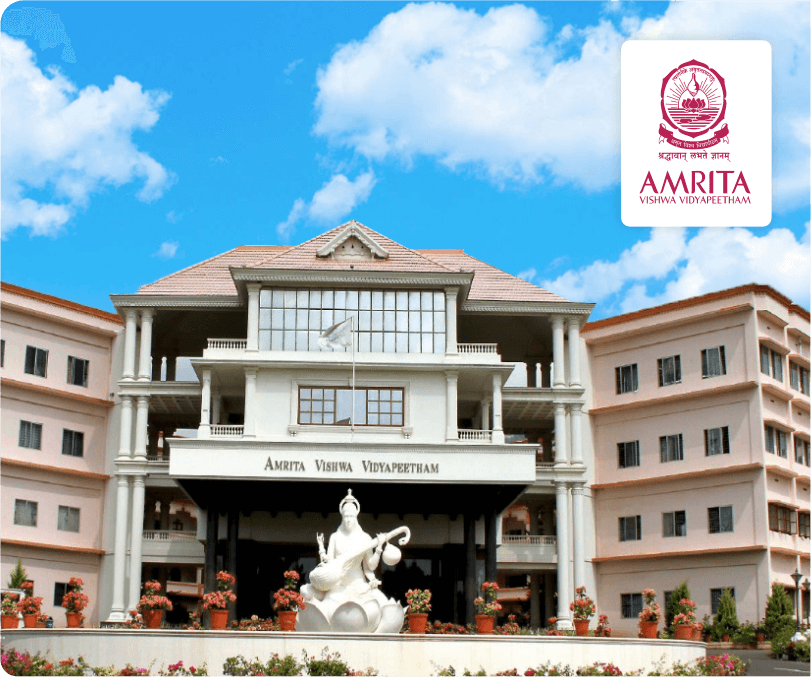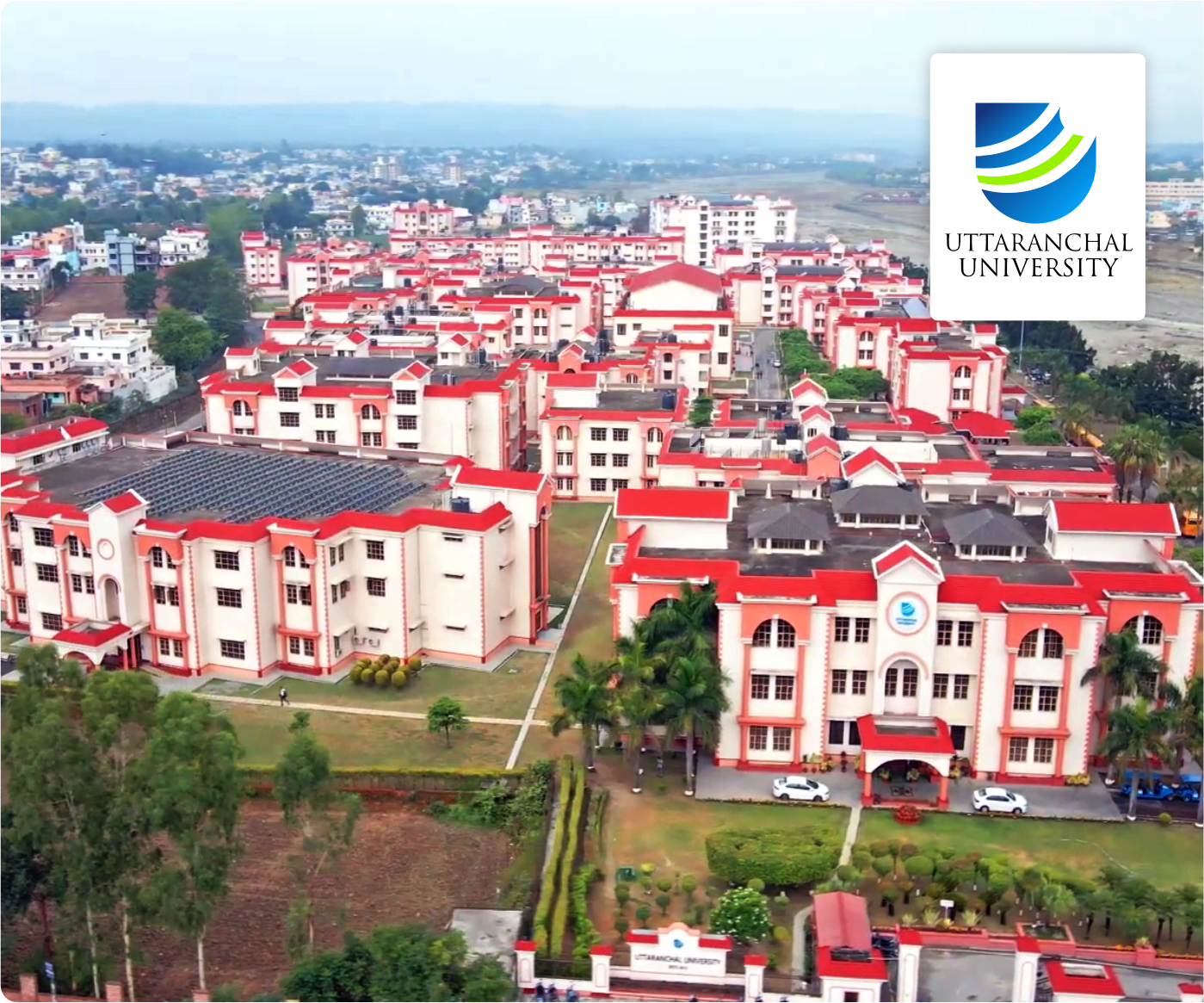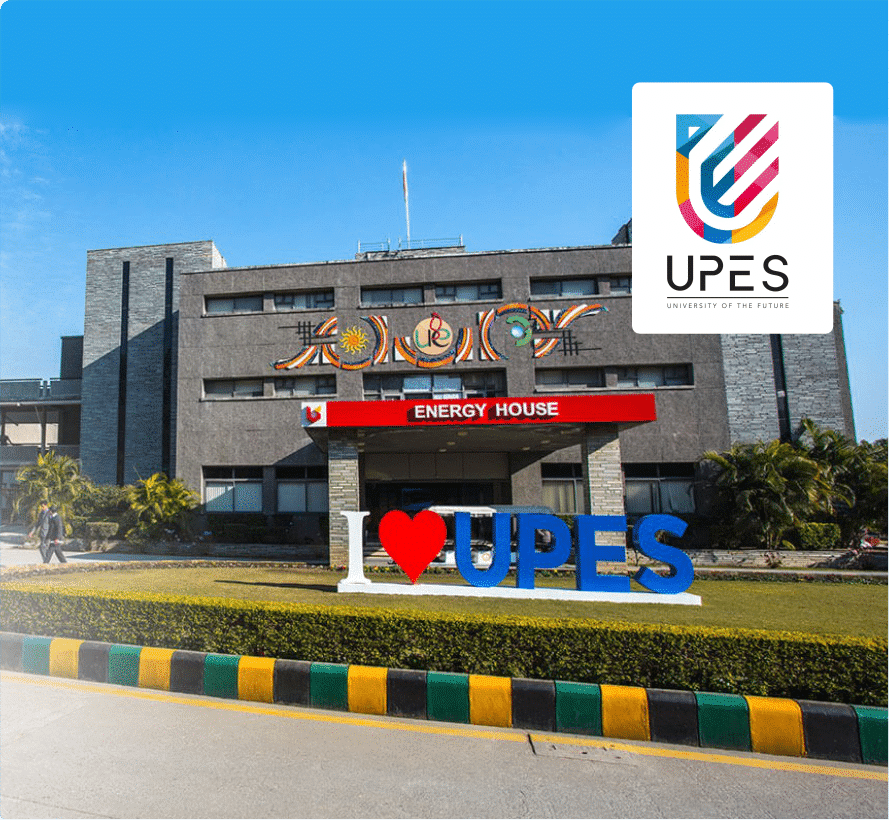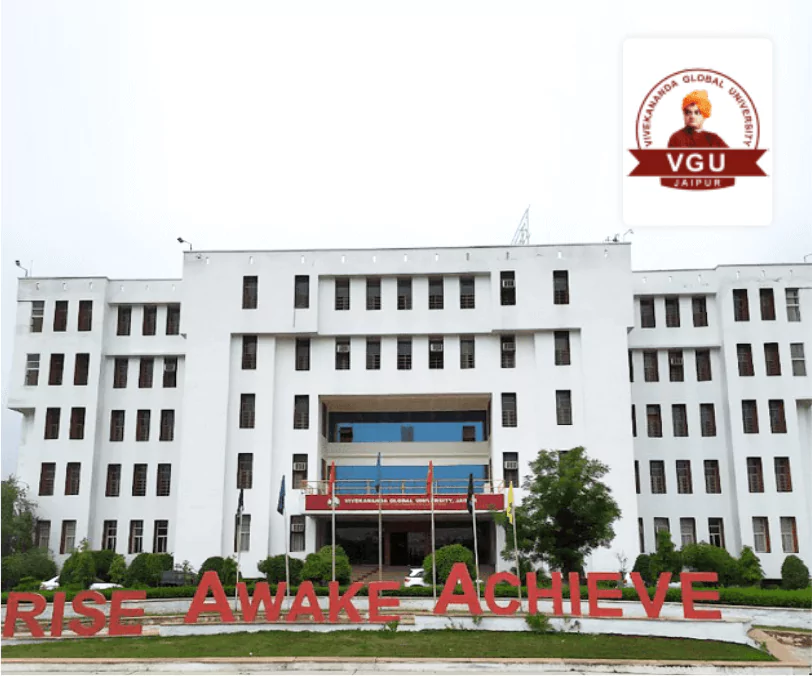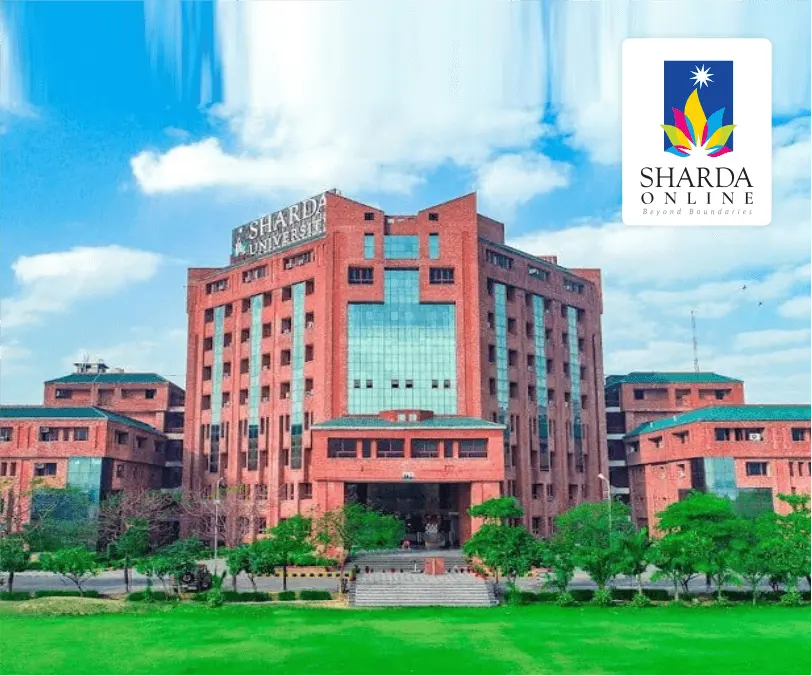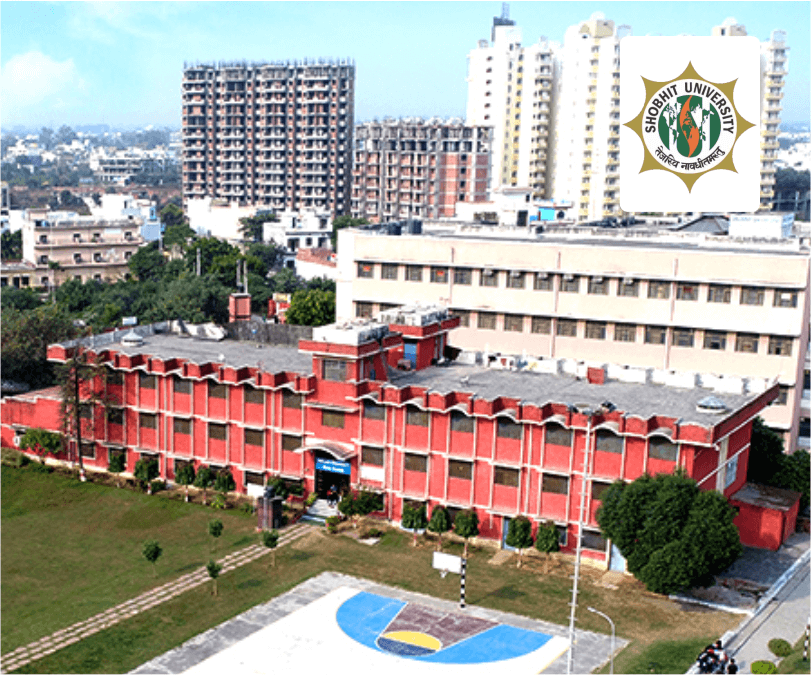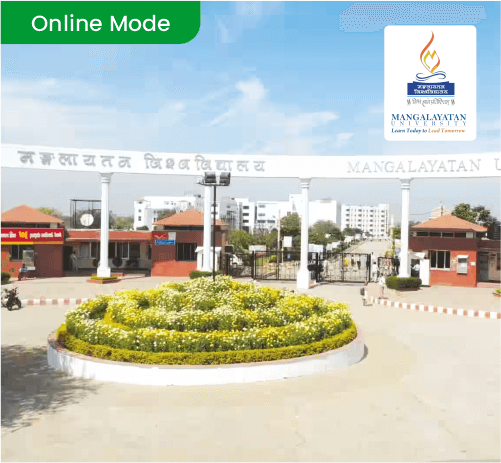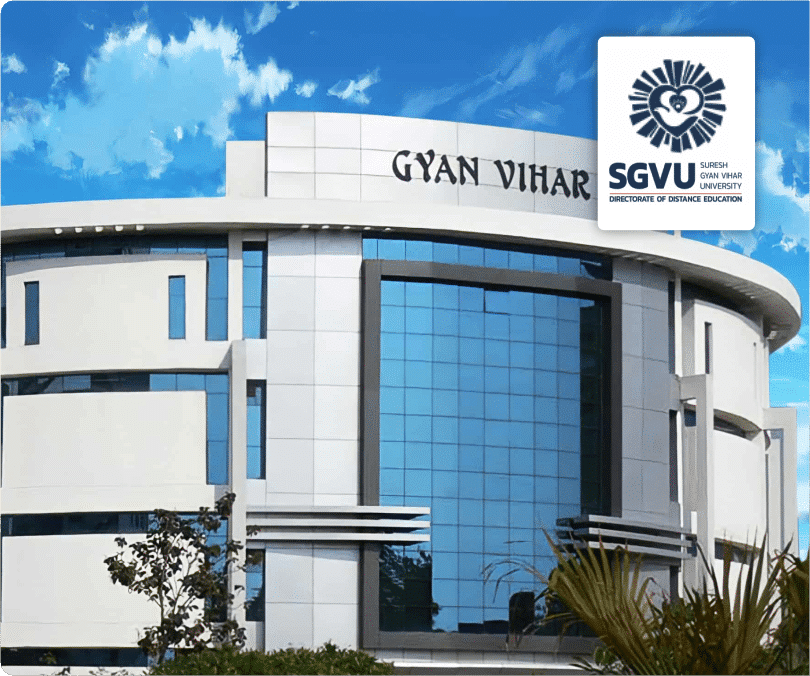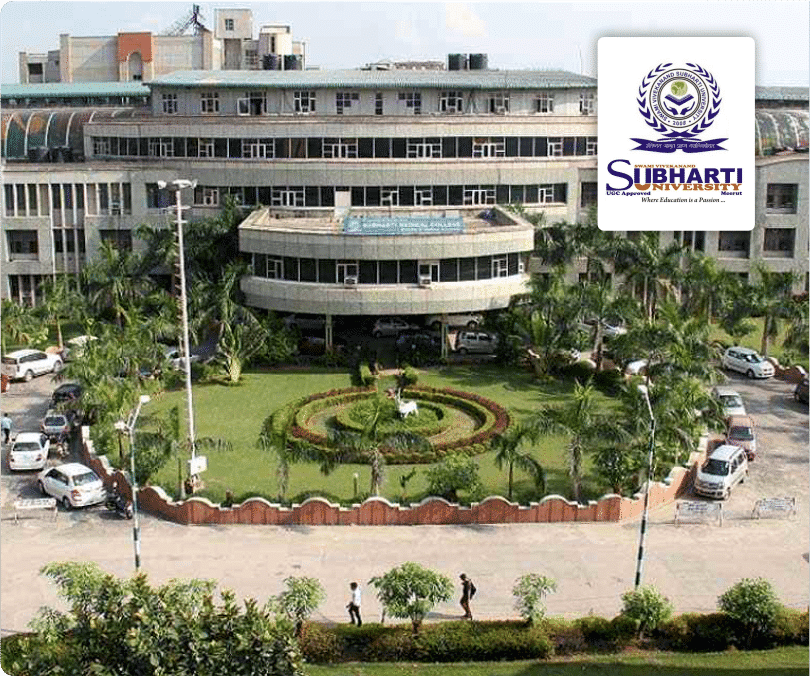
All About 1-Year Diploma Courses After Graduation
What are Diploma Courses?
Diploma courses are short-term educational programs that provide specialized knowledge and skills in a particular field. Typically spanning 1-2 years, these courses focus on practical training and industry-specific competitions. This makes them ideal for those seeking to enhance their expertise quickly.
Diploma courses after graduation offer graduates a chance to gain additional qualifications that complement their existing degrees. These programs meet the demands of the job market and ensure that students acquire relevant skills for professional settings.
Enrolling in diploma courses after graduation can significantly boost one’s employability, providing a competitive edge in the job market. Unlike traditional degree programs, diploma courses emphasize hands-on experience, real-world applications, and direct exposure to industry practices. This practical approach ensures that graduates meet the challenges of their chosen careers, making diploma courses a valuable investment in one’s professional development.
Types of One-Year Diploma Courses
Diploma courses after graduation offer a range of specialized programs tailored to different fields and career aspirations. They provide an excellent opportunity to gain in-depth knowledge and practical skills in a relatively short period. Given that, here are eight popular types of diploma courses after degree:-
1. Business Management:
Business management diploma courses focus on equipping students with essential managerial skills and business acumen. These programs cover various aspects such as marketing, finance, human resources, and operations, preparing graduates for leadership roles in diverse industries.
Aspect | Details |
Focus Areas | Marketing, Finance, Human Resources, Operations |
Course Duration | 1 year |
Course Fees | ₹50,000 – ₹1,50,000 |
Top Colleges | Indian Institute of Management (IIM), Xavier School of Management, Symbiosis Institute of Business Management, and Narsee Monjee Institute of Management Studies (NMIMS) |
Job Opportunities | Business Analyst, Marketing Manager, Human Resource Manager, Operations Manager |
2. Information Technology:
IT diploma courses are designed to provide advanced technical skills in areas like software development, network administration, cybersecurity, and data analytics. With a solid foundation in these critical areas, graduates can pursue careers in the ever-evolving tech industry.
|
Aspect |
Details |
|
Focus Areas |
Software Development, Network Administration, Cybersecurity, Data Analytics |
|
Course Duration |
1 year |
|
Course Fees |
₹60,000 – ₹2,00,000 |
|
Top Colleges |
Indian Institutes of Technology (IIT), National Institute of Information Technology (NIIT), Indira Gandhi National Open University (IGNOU), Jadavpur University |
|
Job Opportunities |
Software Developer, Network Administrator, Cybersecurity Analyst, Data Analyst |
3. Healthcare and Medical Sciences:
Diploma courses in healthcare offer training in fields such as medical lab technology, radiology, and healthcare management. These programs prepare students for various roles within the medical and healthcare sectors, ensuring they are well-equipped to contribute to patient care and medical research.
|
Aspect |
Details |
|
Focus Areas |
Medical Lab Technology, Radiology, Healthcare Management |
|
Course Duration |
1 year |
|
Course Fees |
₹40,000 – ₹1,20,000 |
|
Top Colleges |
AIIMS (All India Institute of Medical Sciences), Christian Medical College (CMC), Tata Institute of Social Sciences (TISS), Manipal Academy of Higher Education |
|
Job Opportunities |
Medical Lab Technician, Radiology Technician, Healthcare Manager |
4. Education and Teaching:
For those passionate about education, diploma courses in teaching provide pedagogical training and classroom management skills. These programs are ideal for graduates who wish to pursue teaching roles or enhance their qualifications in the educational sector.
|
Aspect |
Details |
|
Focus Areas |
Pedagogical Training, Classroom Management |
|
Course Duration |
1 year |
|
Course Fees |
₹30,000 – ₹1,00,000 |
|
Top Colleges |
National Council for Teacher Education (NCTE), Tata Institute of Social Sciences (TISS), Jamia Millia Islamia, Lady Irwin College |
|
Job Opportunities |
Teacher, Educational Consultant, School Administrator |
5. Finance and Accounting:
Finance and accounting diploma courses cover topics like financial reporting, auditing, taxation, and investment management. These courses are designed to prepare graduates for careers in finance, banking, and accounting firms.
|
Aspect |
Details |
|
Focus Areas |
Financial Reporting, Auditing, Taxation, Investment Management |
|
Course Duration |
1 year |
|
Course Fees |
₹50,000 – ₹1,50,000 |
|
Top Colleges |
Institute of Chartered Accountants of India (ICAI), Narsee Monjee Institute of Management Studies (NMIMS), Xavier School of Management, Indian Institute of Management (IIM) |
|
Job Opportunities |
Financial Analyst, Auditor, Tax Consultant, Investment Banker |
6. Creative Arts and Design:
Creative arts and design diploma courses cater to individuals interested in graphic design, interior design, fashion design, and animation. It is one of the most popular diploma courses after graduation that focuses on developing artistic skills and creative thinking, enabling graduates to excel in creative industries.
|
Aspect |
Details |
|
Focus Areas |
Graphic Design, Interior Design, Fashion Design, Animation |
|
Course Duration |
1 year |
|
Course Fees |
₹40,000 – ₹1,50,000 |
|
Top Colleges |
National Institute of Design (NID), National Institute of Fashion Technology (NIFT), Arena Animation, Maya Academy of Advanced Cinematics (MAAC) |
|
Job Opportunities |
Graphic Designer, Interior Designer, Fashion Designer, Animator |
7. Hospitality and Tourism Management:
Diploma courses in hospitality and tourism management offer training in hotel management, event planning, and tourism services. These are very popular diploma after graduation programs that prepare students for dynamic careers in the global hospitality and tourism industry, emphasizing customer service and operational excellence.
|
Aspect |
Details |
|
Focus Areas |
Hotel Management, Event Planning, Tourism Services |
|
Course Duration |
1 year |
|
Course Fees |
₹50,000 – ₹2,00,000 |
|
Top Colleges |
Institute of Hotel Management (IHM), Oberoi Centre of Learning and Development, Welcomgroup Graduate School of Hotel Administration (WGSHA), Indian Institute of Tourism and Travel Management (IITTM) |
|
Job Opportunities |
Hotel Manager, Event Planner, Tour Manager |
8. Journalism and Mass Communication:
For those interested in media and communication, diploma courses in journalism provide training in reporting, writing, and multimedia production. These programs provide with the skills needed to thrive in various media platforms, from print to digital.
|
Aspect |
Details |
|
Focus Areas |
Reporting, Writing, Multimedia Production |
|
Course Duration |
1 year |
|
Course Fees |
₹40,000 – ₹1,20,000 |
|
Top Colleges |
Indian Institute of Mass Communication (IIMC), Xavier Institute of Communication (XIC), Symbiosis Institute of Media and Communication (SIMC), Asian College of Journalism (ACJ) |
|
Job Opportunities |
Journalist, Content Writer, Media Producer, Public Relations Specialist |
In addition to diploma courses after graduation, there are also numerous diploma courses after 12th and diploma courses after 10th that cater to students looking to gain specialized skills right after completing their higher secondary education.
Top Diploma Degree Options After 12th
Diploma course after completing 12th grade can shape one’s career. Diploma courses after the 12th offer focused and practical training in various fields, providing a pathway to gainful employment or further studies. Given that, here are eight more options that cater to diverse interests and career goals:
- Diploma in Animation and Multimedia: This course provides animation, visual effects, and multimedia production training, ideal for students interested in the creative and entertainment industries.
- Diploma in Event Management: This program teaches students the skills to plan, organize, and manage events, making it suitable for those interested in a dynamic and creative career.
- Diploma in Hotel Management: This course focuses on hospitality and hotel operations and prepares students for various roles within the hospitality industry, including front office, housekeeping, and food and beverage management.
- Diploma in Travel and Tourism: This course covers the fundamentals of the travel and tourism industry, including travel agency operations, tour planning, and customer service.
- Diploma in Beauty and Wellness: This course offers training in cosmetology, skincare, and wellness practices, making it ideal for those looking to enter the beauty and personal care industry.
- Diploma in Retail Management: This program focuses on retail operations, merchandising, and customer service, preparing students for careers in the retail sector.
- Diploma in Photography: This course teaches photography’s technical and creative aspects, including digital imaging, photo editing, and lighting techniques.
- Diploma in Culinary Arts: This course provides hands-on training in cooking, baking, and kitchen management, making it perfect for aspiring chefs and culinary professionals.
What Are The Advantages Of A One-Year Diploma Degree?
A one-year diploma degree offers numerous benefits. It enhances student skills, offers specialized knowledge, or makes a swift transition into a new career. Given that, here are some key advantages:-
- Time Efficiency: One-year diploma programs are designed to provide comprehensive training and education in a shorter time frame than traditional degree programs. This allows students to acquire the necessary skills quickly and enter the job market sooner.
- Focused Curriculum: These programs typically have a focused curriculum that is tailored to specific industries or job roles. This ensures that students receive relevant and practical understanding of their chosen field.
- Cost-Effective: Since one-year diploma programs are shorter in duration, they are often more affordable than longer degree programs. This makes them attractive for individuals looking to gain new skills without incurring significant student debt.
- Career Advancement: A one-year diploma can provide the additional qualifications needed for career advancement for working professionals. It allows them to enhance their expertise and improve their job prospects without taking a long break from their careers.
- Skill Enhancement: One-year diploma courses offer targeted skill development, making them ideal for individuals looking to specialize in a particular area or update their existing skills to stay competitive in the job market.
- Industry-Relevant Training: These programs are made in collab with experts. This ensures that the curriculum is aligned with current market demands. This makes graduates of one-year diploma programs highly attractive to employers.
- Flexible Learning Options: Several universities offer flexible learning options, such as online or part-time courses, making it easier for students to balance their studies with other commitments.
- Pathway to Further Education: A one-year diploma can serve as a stepping stone for further education. It can provide the foundation to pursue advanced studies, such as a bachelor’s or master’s degree, in the same or related field.
- Practical Experience: These programs often include hands-on training, internships, or projects that provide practical experience. This real-world exposure enhances the learning process and prepares students for the challenges of their chosen profession.
- Networking Opportunities: Students in one-year diploma programs can connect with industry professionals, faculty, and peers. These networks are valuable for future career opportunities and professional growth.
Who Can Do Diploma Courses After Graduation?
Diploma courses are designed for individuals who want to enhance their skills, gain specialized knowledge, or pivot to new career paths. Given that, here is who can benefit from diploma courses after graduation:-
- Recent Graduates: Fresh graduates looking to supplement their degree with specialized skills can enroll in diploma courses. These programs help bridge the gap between academic knowledge and practical application, making them more job-ready.
- Career Changers: Individuals who wish to switch careers can use diploma courses to gain expertise in a new field. For example, a graduate in humanities can pursue a diploma in digital marketing to enter the marketing industry.
- Professionals Seeking Advancement: Working professionals aiming for career advancement can opt for diploma courses to update their skills or gain additional qualifications that can lead to promotions or new job opportunities.
- Entrepreneurs: Aspiring or current entrepreneurs can take diploma courses to acquire business skills, such as entrepreneurship, business management, or digital marketing, to manage better and grow their businesses.
- Individuals Seeking Skill Enhancement: Graduates looking to enhance specific skills, such as project management, data analytics, or graphic design, can enroll in diploma courses to gain proficiency in these areas.
- Industry-Specific Professionals: Professionals in specific industries who need to stay present with the latest trends and technologies can benefit from diploma courses that offer advanced training in their field.
- Students Preparing for Higher Studies: Graduates planning to pursue higher education, such as a master’s degree or professional certification, can take diploma courses to build a strong foundation and improve their academic credentials.
At Last
1-year diploma courses after graduation present a valuable opportunity to acquire specialized skills and practical knowledge quickly. These programs meet the evolving demands of the job market, offering focused curricula that provide industry-relevant training.
Whether you are a recent graduate, a professional, or someone aiming for a different career, one-year diploma courses can significantly boost your employability. With their time-efficient format, cost-effectiveness, and practical approach, 1-year diploma courses equip graduates with the expertise needed to thrive in their chosen fields.
They offer a flexible and accessible way to professional development, ensuring learners can quickly adapt to today’s dynamic and competitive job market. Investing in a one-year diploma course can be a strategic step towards achieving your career goals and securing a successful and fulfilling professional future.
Most Popular Blogs

Online BCA Courses in Jain University Online

Distance Education at Pondicherry University

Top 4 colleges to pursue Distance BBA in Andhra Pradesh

What are the top distance BSc colleges in Kerala

Know about the top 3 distance BCom universities in Madhya Pradesh


